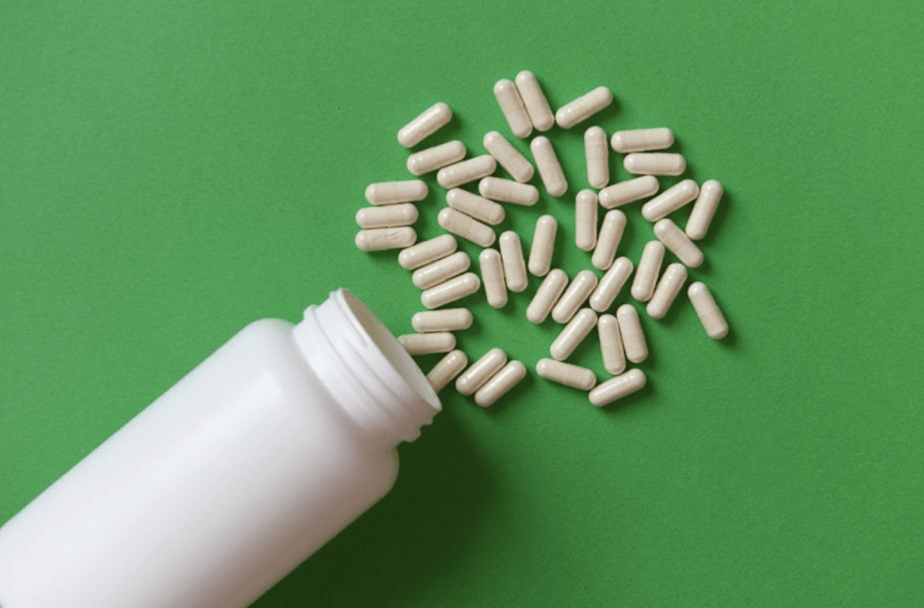
We have often heard the terms good bacteria and bad bacteria in the context of our bodies, especially our gut. A significant number of bacteria reside in our bodies, the ratio of bacteria to cells being at least 1:1, maybe more. While some can be harmful, many are beneficial to our well-being. “Probiotics” is a general term for microorganisms that promote good health. They may be part of our regular diet or may be ingested in the form of probiotic supplements.
What are the benefits of supplements?
The gut is home to up to 500 species of microorganisms that are collectively called gut flora or microbiome. They co-exist in a balanced form. The friendly microorganisms, or probiotics, are mainly bacteria and some types of yeast, fungi and others. They primarily reside in the colon and perform important metabolic functions, almost like a stand-alone organ.
Probiotics manufacture vitamins like K and a few from the B-complex family. They strengthen the gut wall and fortify immunity to harmful substances that inevitably make their way into the body. When the natural balance of bacteria is disturbed and the bad bacteria outnumber the good, infections can occur. Probiotics restore the balance and combat such infections. They also help digest food and assimilate medications. They control blood pressure, aid in skin health, and possess anti-aging and anti-inflammatory properties.
Probiotic supplements contain beneficial microorganisms like lactobacillus, bifidobacterium and good yeast. They augment the natural probiotics that are part of your diet and help maintain that crucial healthy balance.
How do you choose the right supplement?
No two people have the same microbiome, so it is important to choose the right supplement. Broad-spectrum probiotics simplify this decision as they combine the main types of probiotics in a single product. The most common benefits are general gut health and metabolic regulation. Some can also help alleviate depression or aid in weight loss.
A lot of ongoing research is still investigating the impact of specific strains of probiotics for specific health conditions. The best way to decide if a certain supplement is good or safe for you is to consult with your healthcare provider.
What is the impact?
By boosting your intake of probiotics, supplements can ensure that a healthy balance of gut bacteria is maintained in your body. A lot of research is still ongoing to isolate specific benefits of specific strains but some common benefits have emerged.
They can cure antibiotic-triggered diarrhea by restoring a balance in the digestive tract. They have shown promise in mitigating the symptoms of Irritable Bowel Syndrome, Crohn’s disease and ulcerative colitis.
Research has shown a correlation between a person’s weight and the composition of their natural gut bacteria. Some supplements have helped people shed belly fat in a few weeks, although conclusive evidence and determination of dosage for prescriptions are still being researched.
The gut-brain axis is a recently-discovered link between the brain and the gut. It is a fact that has led to research on treating neurological conditions such as Alzheimer’s by regulating gut bacteria through supplements.
What are some of the risks?
As they are labeled as dietary supplements and not as medication, these supplements are not as strictly regulated. Other than diminished effectiveness, there are hardly any serious risks associated with them. But consulting your doctor before trying a supplement is imperative.
They may interfere with the effectiveness of certain medicines. Mild side effects of diarrhea or bloating mat occur initially. If you have recently had surgery or are immuno-compromised, they have to be taken with caution. Some very rare risks include infection or resistance to antibiotics.
Probiotics are a very important component of our digestive system and new research is uncovering several additional benefits as well. They are mainly effective in maintaining a healthy metabolism and strong immunity and may help treat other conditions such as obesity and neurological disorders in the future.

















Follow Us